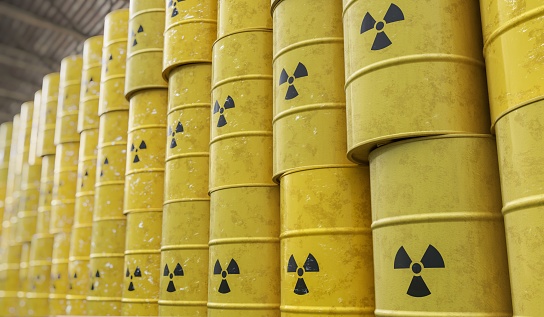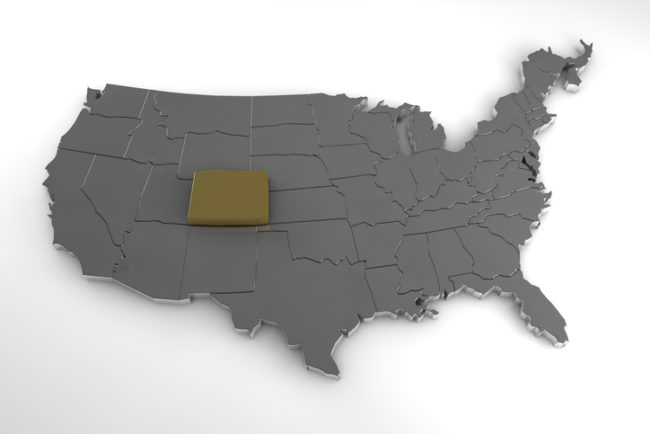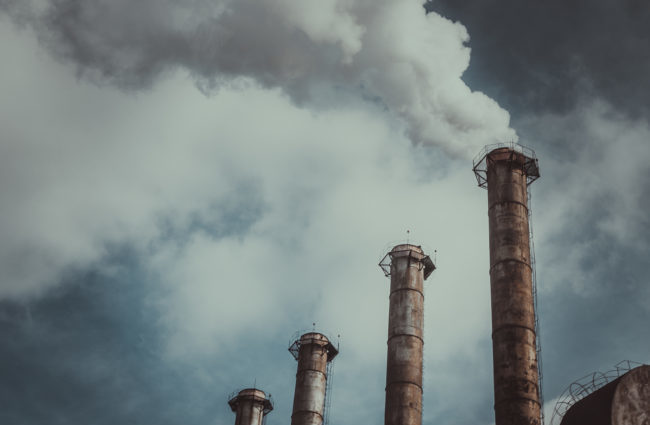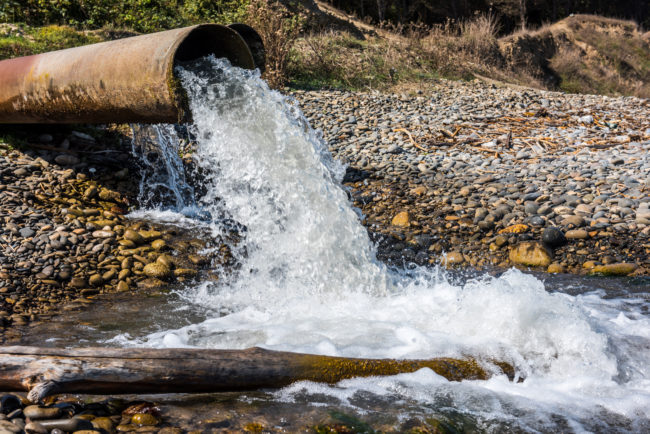The U.S. Environmental Protection Agency has announced its final plan for the West Lake Landfill in suburban St. Louis. As we’ve previously reported, West Lake Landfill is the site of illegally dumped nuclear waste that is buried near a long-smoldering underground fire.
Approximately a decade ago, the EPA announced a cap-and-monitor proposal for the site. However, that plan was met with such resistance that it was withdrawn and a new proposal was announced earlier this year. That plan, with an estimated cost of $236 million, …
Continue Reading








